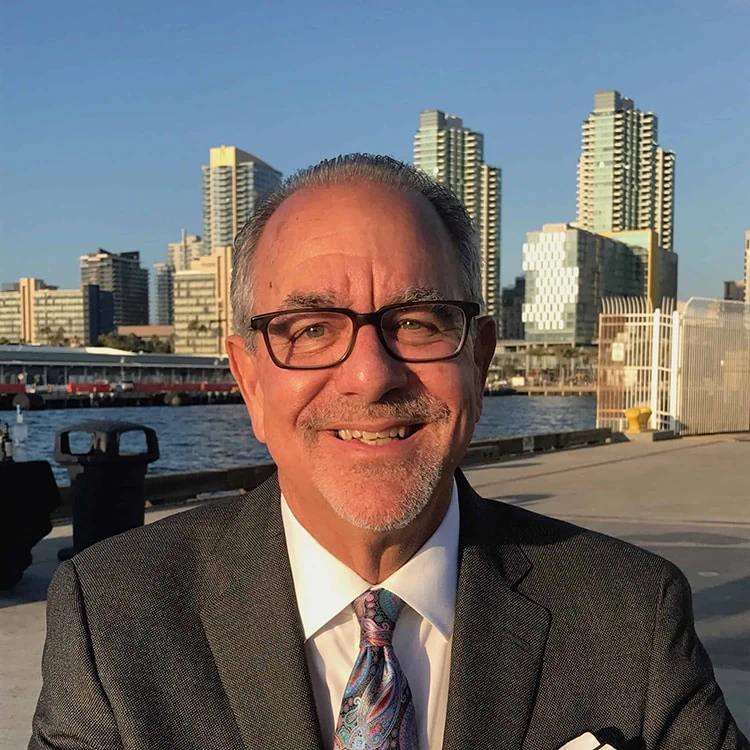
September is National Recovery Month
September has been deemed National Recovery Month since 1989, yet by month’s end almost 8,000 Americans will die from addiction1. Close to fifteen percent of our population has some type of substance abuse problem, but only about ten percent are seeking treatment2. When these individuals are in high profile or community service jobs, recovery becomes even more challenging. The numbers are staggering but hope, progress, and organizations like Confidential Recovery (an outpatient substance abuse treatment program) are on the front lines every day.
According to Scott H. Silverman, CEO/Founder of Confidential Recovery, there’s a much greater impact than the numbers suggest. As a nation we need to look not only at the number of those suffering from addiction, but also consider the assembly of people who are affected by those struggling. Silverman refers to a concept called, “Human ROI” or the investment of the human being. When an individual in an important public safety position has a substance abuse problem and they take a leave of absence, lose their job, or possibly even lose their life, that affects not only the individual and their loved ones but also those in the community they serve, where a gaping hole will be left by their absence. And without a safe, reliable, and anonymous conduit guiding their recovery, many won’t even seek help.
This need is the catalyst behind Confidential Recovery which serves mainly individuals in the first responder field including doctors, lawyers, firefighters, EMTs, as well as other licensed professionals seeking anonymity during their treatment. These types of high-pressure jobs often have a greater incidence of addiction. It is estimated that professions in the licensed professionals category has seen upwards of 25% dealing with some type of substance abuse issue. Yet people in these professions have limited treatment options which focus on their particular needs as well as allow them to continue working. These multi-faceted careers are manned by people who need more than boxed recovery programs. And, individuals in these key areas may not want, or have the ability, to leave their profession for long periods of time. With private, outpatient treatment, they can continue working with and for the people they are so dedicated to serving.
Confidential Recovery, which is heading for their one-year anniversary also points to the importance of a long-term commitment. According to Silverman, only about 5% of those addicted stay clean after treatment. This is another number that keeps him awake at night. And it’s why he’s working toward new and innovative ways to stay connected to patients after they’ve successfully returned to their jobs and returned to the communities who so need them. One such way his organization provides that long-term support is by hiring former police officers and other ex-professionals to work with patients as they move through the stages of recovery. Lack of trust is an obstacle that can be overcome through mutual experiences and that’s what counselors at Silverman’s program are quickly learning. This, along with utilizing today’s technology takes recovery way beyond the regular 12-step meetings.
National Recovery Month is a wonderful and positive step toward educating Americans that addiction treatment can help those with a substance use disorder live healthier and happier lives. But there’s much more to be done. Silverman’s philosophy which bleeds into the organization is that he’s in this for the long haul. We need to chip away at these seemingly unsurmountable statistics, and we need to protect and serve those who protect and serve us. The human ROI factor alludes to one very obvious element. The human. Even those who are trained to serve the American public make mistakes and need help. If we as a country are to battle this giant called addiction we need to think outside the box and inside our hearts.
~
Scott H. Silverman is the Chief Executive Officer of Confidential Recovery, an intensive substance abuse recovery program for first responders, doctors and lawyers.
In addition to his behavioral health expertise, Scott is a charismatic speaker and coach with a passion for helping people achieve their goals, regardless of their challenges. As the author of Tell Me No, I Dare You: A Guide for Living a Heroic Life, Scott shares strategies for living an authentic and fulfilling life.
Scott has received numerous awards and honors. He was recognized for his contributions to the community as a CNN Hero of the Week and by the City of San Diego with a proclamation of February 19 as Scott Silverman Day.
As the Founder and former Executive Director of Second Chance, Scott worked to break the cycle of substance abuse, unemployment, poverty and homelessness.
Confidentialrecovery.com
ssilverman@5jo.8ab.myftpupload.com
619-452-1200
1-CD Report on 2013 Mortality Multiple Cause Micro-data Files http://www.cdc.gov/nchs/data/nvsr/nvsr64/nvsr64_02.pdf
2-NIH Medline Plus https://www.nlm.nih.gov/medlineplus/magazine/issues/spring07/articles/spring07pg14-17.html
Categories
Addiction News

